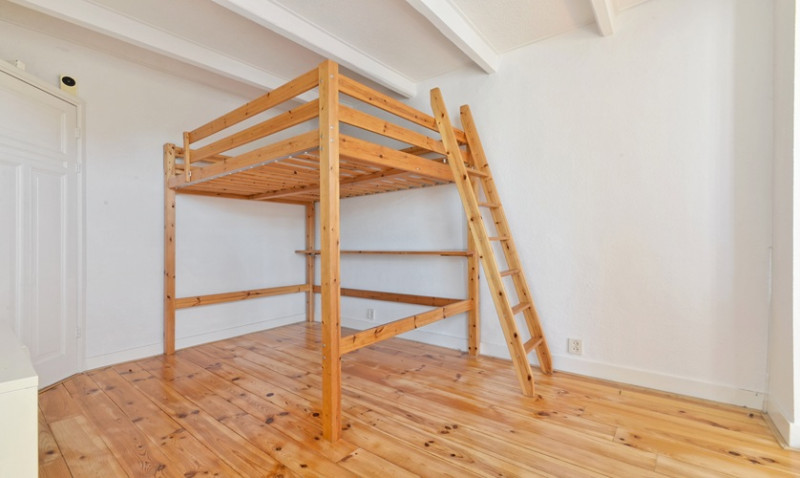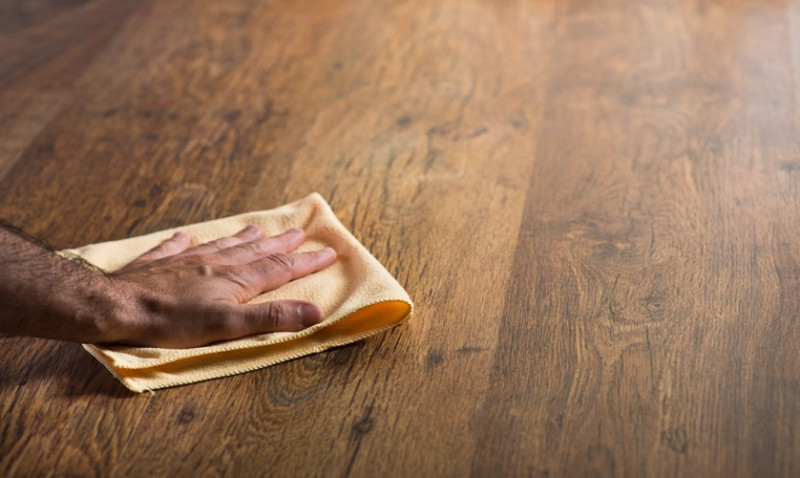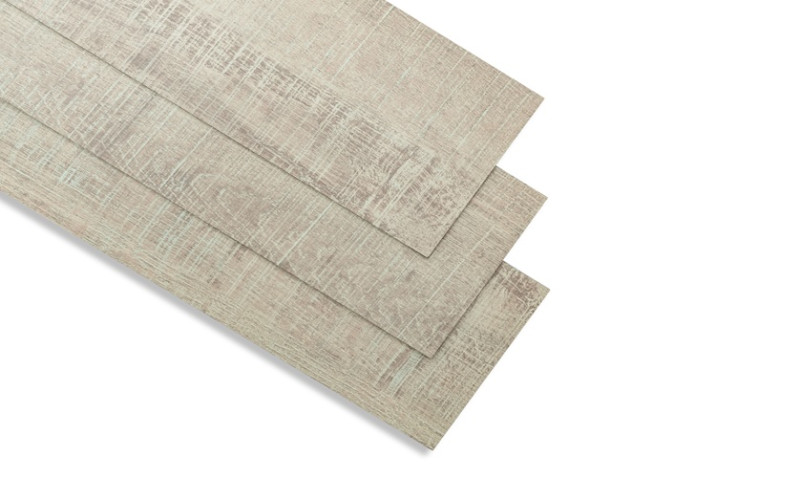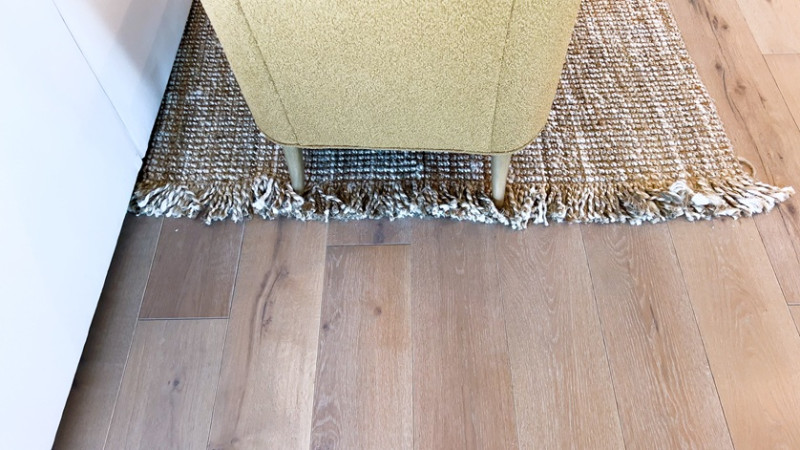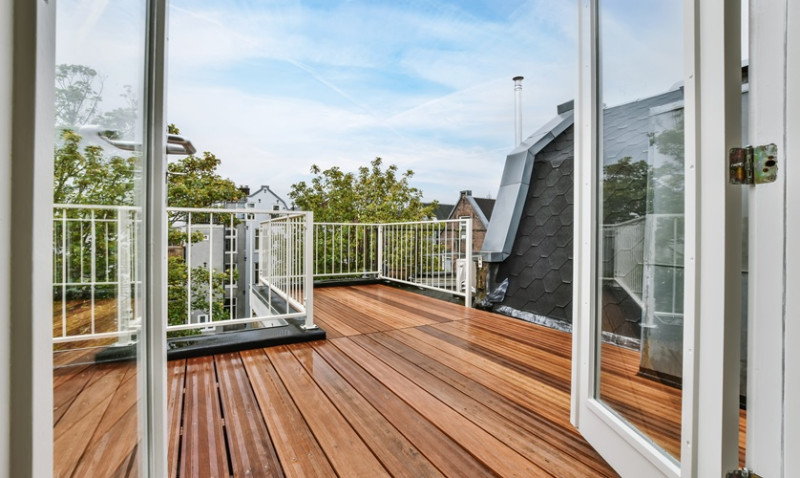
If you're on the hunt for a finish that enhances the natural beauty of wood while providing long-lasting protection, you're likely considering a hard-wax oil. It’s become the go-to choice for many DIY enthusiasts, designers, and professionals across the UK. With the perfect balance of durability, water resistance, and aesthetic charm, hard-wax oils are ideal for floors, furniture, worktops, and more.
But with so many products on the market claiming to be the best, how do you know which one actually delivers? We put four leading hard-wax oil finishes to the test in real-world conditions—to help you make an informed decision, whether you're upcycling an antique table, fitting out a new kitchen, or going all-in on your dream home renovation.
The products we tested are: Osmo Polyx-Oil, Fiddes Hard Wax Oil, Rubio Monocoat Oil Plus 2C, and Blanchon Hard Waxoil Original. Each has its unique pros, application quirks, and visual effects—but only one can be crowned the best all-rounder for UK homeowners and trade professionals alike.
Let’s find out how they perform under pressure.
What Is Hard-Wax Oil and Why Choose It?
Hard-wax oil is a blend of natural oils and waxes that penetrates deep into the wood while forming a durable surface layer. This combination offers excellent protection against spills, stains, and wear while allowing the timber to breathe. The result is a finish that enhances the natural grain and tone of the wood without the plastic-like sheen of some varnishes or lacquers.
One of the biggest advantages of hard-wax oils is their ease of maintenance. Unlike polyurethane finishes, which often require full sanding to repair, hard-wax oils can often be refreshed with a simple spot application. That’s music to the ears of busy professionals or anyone with kids or pets creating wear-and-tear hotspots in the home.
Another huge perk is their eco-friendliness. Many hard-wax oils are made using natural ingredients, emit low VOCs, and are safe for use on children’s toys and food-contact surfaces—perfect for kitchen worktops, dining tables, nursery floors, or wooden toys.
But not all hard-wax oils are created equal. You need to consider drying time, coverage, ease of application, final look, and of course, durability. Read on to learn how each of the four contenders held up during our head-to-head testing process.
Our Testing Method: Real-World Application
To find out which hard-wax oil delivers the best results, we applied each product on identical oak boards, pine panels, and reclaimed furniture pieces. We then tested those surfaces with water spills, oil stains, abrasions, and temperature fluctuations to simulate everyday conditions.
Each product was applied exactly as per manufacturer instructions using high-quality brushes and lint-free cloths. We allowed proper curing times to ensure a fair comparison among products. For professionals, trades, and even ambitious DIYers, this gives a genuine sense of what to expect from each product under normal, everyday use.
We evaluated results in six key categories: ease of application, drying time, appearance (sheen and colour enhancement), water and stain resistance, wear and scratch endurance, and price per square metre. You’ll find a detailed results table below.
Comparing the Top Four Hard-Wax Oils
| Product | Ease of Application | Drying Time | Finish Appearance | Durability | Eco-Friendliness | Price (per m²) |
|---|---|---|---|---|---|---|
| Osmo Polyx-Oil | Very Easy | 8-10 hours | Warm, rich tone with soft sheen | High | Excellent (Low VOC) | £2.40 |
| Fiddes Hard Wax Oil | Easy | 4-6 hours | Natural colour, slight amber hue | Medium-High | Good | £1.95 |
| Rubio Monocoat Oil Plus 2C | Moderate (1 coat system) | Dry to touch in 6 hours | Matte, raw wood effect | Very High | Outstanding (Zero VOC when used without accelerator) | £3.60 |
| Blanchon Hard Waxoil Original | Easy | 3-4 hours | Natural appearance with subtle depth | Medium | Very Good | £2.10 |
Detailed Product Breakdown
Osmo Polyx-Oil
Widely regarded as one of the most durable and trusted hard-wax oils on the British market, Osmo Polyx-Oil holds its reputation for a reason. It applies beautifully, even by beginners, and gives a warm satin-matte finish that really enriches natural grain.
The product is touch-dry within a day, with a second coat recommended after 8–10 hours. It offers excellent resistance to coffee, red wine, and water stains—particularly useful for kitchens and dining rooms. Plus, its finish is flexible, reducing the risk of cracking over time.
Osmo is also classed as safe for schools, nurseries, toys, and food-prep surfaces, ticking key boxes for both eco-conscious designers and families.
Fiddes Hard Wax Oil
Made in Wales, Fiddes is a popular choice for UK-based woodworkers and professionals. It sits at a slightly lower price point than Osmo but still delivers above-average performance. Application is smooth, although it dries a bit quicker, meaning you need to be efficient with your strokes to ensure an even finish.
The result is a slightly darker amber tone—especially noticeable on pale woods like pine or spruce—which can be a plus if you’re looking to add warmth to a bland surface.
Durability is strong, though not quite as tough as Osmo or Rubio when it comes to high-frequency areas like floors or stairs. For interior furniture and general home use, it’s a great balance of price and protection.
Rubio Monocoat Oil Plus 2C
This Belgian import is a favourite among high-end architects and professional flooring installers. Not only does Rubio Monocoat work with a single coat (saving time), it comes in over 40 colour options—and doesn’t require sanding between coats. Just oil, buff in, and walk away.
Its finish is extremely natural—almost as if the wood wasn’t treated at all, but with superior water and abrasion resistance. For clients with minimalist or Scandinavian-style tastes, this product delivers unmatched elegance.
It’s pricier than the others, but the one-coat efficiency offsets much of the cost. Just be sure to mix Part A and Part B correctly and apply within the working time for best results.
Blanchon Hard Waxoil Original
This French manufacturer has quietly gained traction in the UK design scene. Quick-drying and lightly fragranced, Blanchon’s hard wax oil penetrates fast and leaves a delicate protective layer—great for living rooms, bedrooms, and interior wood design features.
It offers particularly high coverage—up to 20m² per litre—making it a smart budget-friendly choice. It can also be layered or lightly sanded between coats should you prefer a denser finish.
Some users may find its light reflectivity a bit too subtle for high-traffic or showcase areas, but if you want something clean, natural, and fast-drying, it checks a lot of boxes.
Our Verdict
If we had to crown a winner based on overall performance, ease-of-use, and long-term durability, Osmo Polyx-Oil takes home the trophy. It strikes the perfect middle ground between professional-grade protection and user-friendly application, all while delivering a beautiful rich finish.
That said, if you're working on a premium bespoke project and want a no-compromise matte aesthetic combined with extreme durability, Rubio Monocoat is unbeatable—especially in modern, open-plan interiors.
Fiddes offers real value for money and a warm tone, great for traditional or rustic schemes, while Blanchon is the speed king—ideal for last-minute projects or fast-paced builds where budget matters.
Final Thoughts
Choosing the right hard-wax oil is about understanding your specific project needs. For hardworking floors, look to durability. For furniture, consider appearance and drying time. And for professional projects, consistency and ease of reapplication might be your top priorities.
No matter which one you choose, all four of these products are leagues ahead of traditional finishes when it comes to letting your wood breathe and shine. And with a little care, your finished surfaces will stay protected and look gorgeous for years to come.
Happy finishing!
